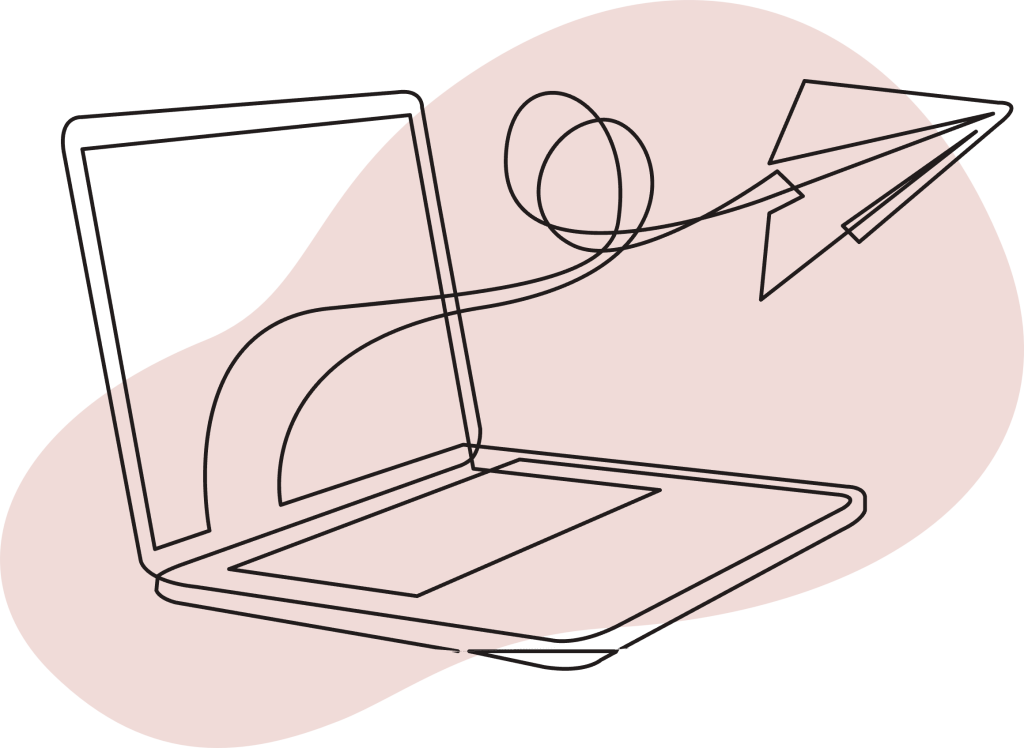hyperfinecourse
In condensed-matter physics, materials chemistry and biology, there is a family of experimental methods that relies on particular properties of the nucleus in order to extract information from atoms, molecules or solids. If you want to apply such methods yourself, or if you want to understand better research papers in your favourite field that report about the use of these methods, then you might find these free and open online courses helpful.

without registration
You have access to all course videos and texts.

With Free Registration
you have access to all course videos and texts, can read the fora and write in the fora, you can watch the feedback webinars (live or later) and you can request a certificate of participation at the end.
All content is offered via prerecorded videos. Each video comes with a task, and after submitting the task there is in many cases either automated feedback or peer feedback. During the spring term at Ghent University, instructors are present in the course to give a weekly feedback webinar in which student’s questions are discussed. At any other time of the year, you can still study this course in a self-paced way. There is the opportunity to be part of a team to work on a project. The course is free of cost and open to anyone.
Are you ready to get started?
The physics of hyperfine interactions
Experimental methods based on hyperfine interactions
In this part of the course, we will look at experimental methods that make use of hyperfine interactions. You can take it as a stand-alone course if you have a good background in the physics of hyperfine interactions. If not, study the part hereabove first.
classification of methodes
laser spectroscopy
Mössbauer spectroscopy


